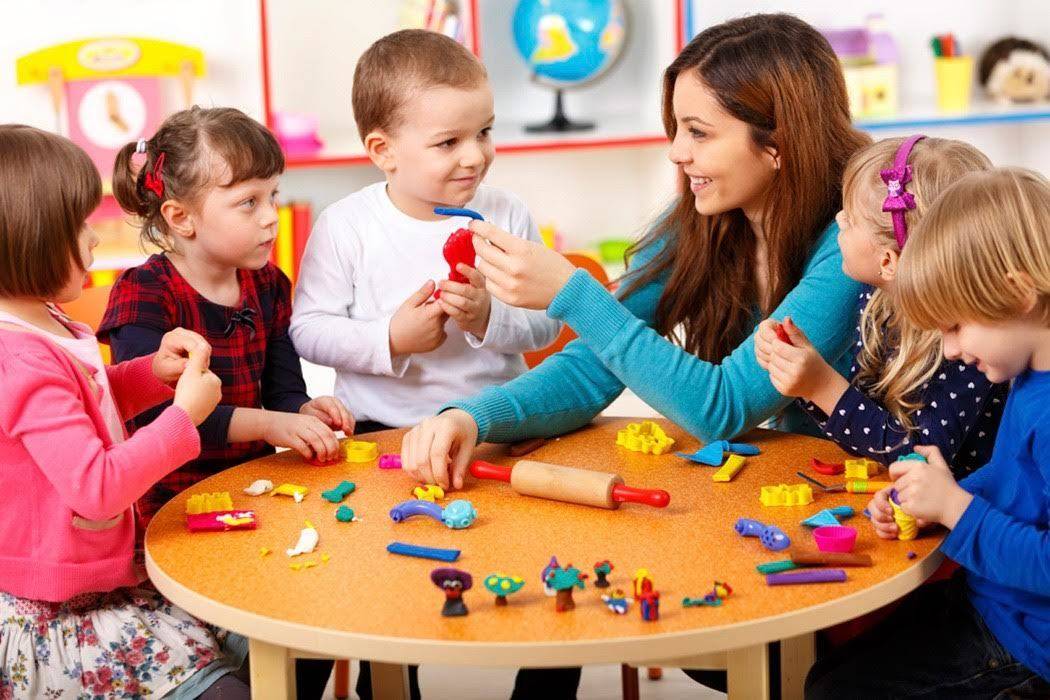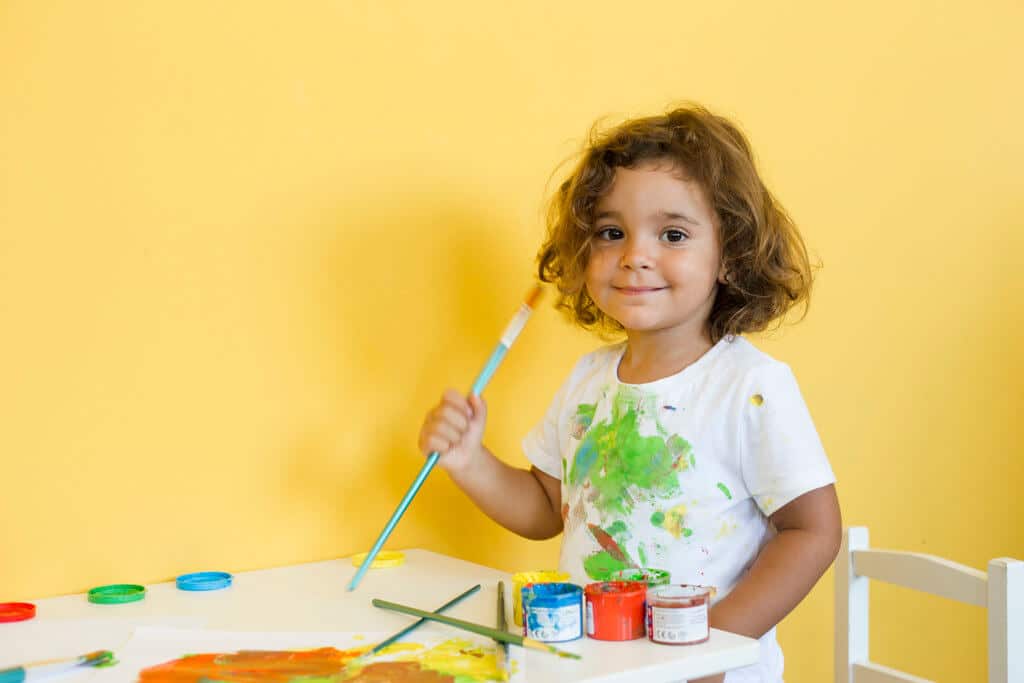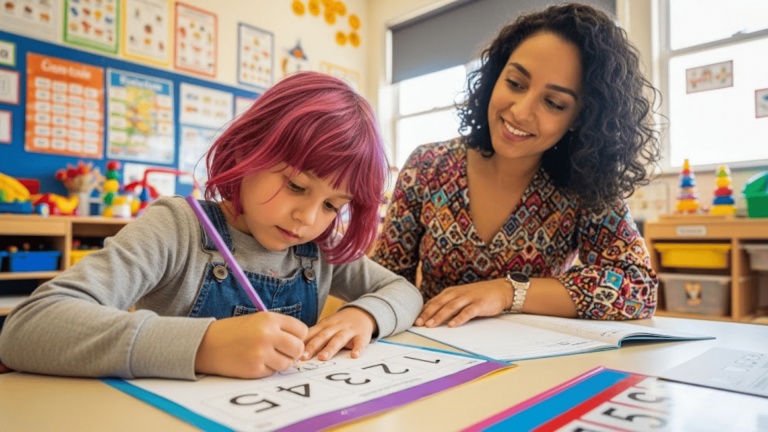Social Emotional Learning (SEL) is an educational approach that focuses on helping children develop essential social and emotional skills. A crucial component of SEL is fostering authenticity in children, encouraging them to be true to themselves and express their genuine thoughts and feelings.
In this blog, we’ll explore the significance of authenticity in SEL, how it benefits children, and strategies for promoting authenticity in educational settings.
What is Authenticity in Social Emotional Learning?
Authenticity in the context of SEL refers to the alignment between a child’s internal values, feelings, and external behaviors. It means being genuine, honest, and transparent in interactions with others. When children are authentic, they are more likely to form genuine relationships, make ethical decisions, and engage in meaningful activities that reflect their true selves.
In the social emotional learning book on authenticity for children, Unicorn Lovey serves as a whimsical companion, guiding young readers on a journey of self-discovery and embracing their authentic selves.
Why Authenticity Matters
1. Enhances Self-Awareness and Confidence
 When children are encouraged to be authentic, they become more self-aware. They learn to recognize and accept their emotions, strengths, and weaknesses. This self-awareness fosters a sense of confidence, as children understand and appreciate their unique qualities.
When children are encouraged to be authentic, they become more self-aware. They learn to recognize and accept their emotions, strengths, and weaknesses. This self-awareness fosters a sense of confidence, as children understand and appreciate their unique qualities.
2. Builds Trust and Relationships
Authenticity is the foundation of trust. When children express themselves honestly, they create an environment of openness and trust. This authenticity allows for deeper connections with peers and adults, facilitating strong, supportive relationships that are crucial for social development.
3. Promotes Emotional Well-Being

Strategies to Foster Authenticity in Children
1. Model Authentic Behavior

2. Create a Safe and Supportive Environment
Children need a safe space to express their true selves without fear of judgment. Educators and caregivers should foster an inclusive environment where diversity is celebrated, and every child’s voice is valued. Establishing norms that promote respect and empathy can help create this atmosphere.
3. Encourage Self-Expression

4. Validate Emotions
It’s important to acknowledge and validate children’s emotions, whatever they may be. Teaching children that all feelings are valid and encouraging them to express their emotions helps them develop a healthy relationship with their inner selves. This validation fosters an environment where authenticity thrives.
5. Teach Reflective Practices
Incorporating reflective practices into the curriculum can help children connect with their inner selves. Activities like journaling, mindfulness, and guided discussions encourage children to reflect on their experiences, thoughts, and emotions, promoting a deeper understanding of their authentic selves.
Conclusion
Authenticity is a cornerstone of effective Social Emotional Learning. By encouraging children to be true to themselves, we help them develop self-awareness, build meaningful relationships, and maintain emotional well-being.
Educators and caregivers can nurture authenticity in children by modeling authentic behavior, creating supportive environments, and providing opportunities for self-expression, setting them on a path to becoming confident, empathetic, and resilient individuals.
Incorporating authenticity into SEL benefits individual children and fosters a more inclusive and empathetic society. As we prioritize authenticity in our educational approaches, we equip the next generation with the tools they need to navigate the complexities of the world with integrity and compassion.









